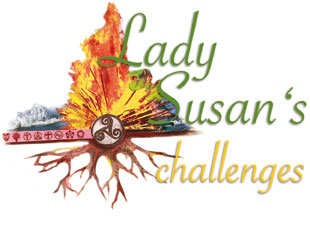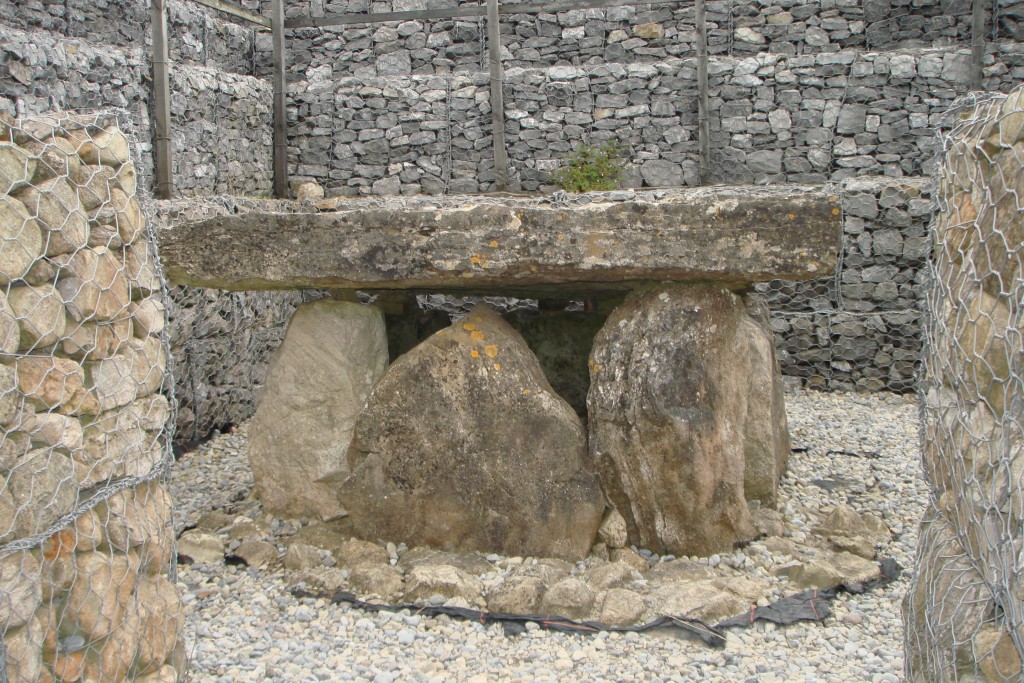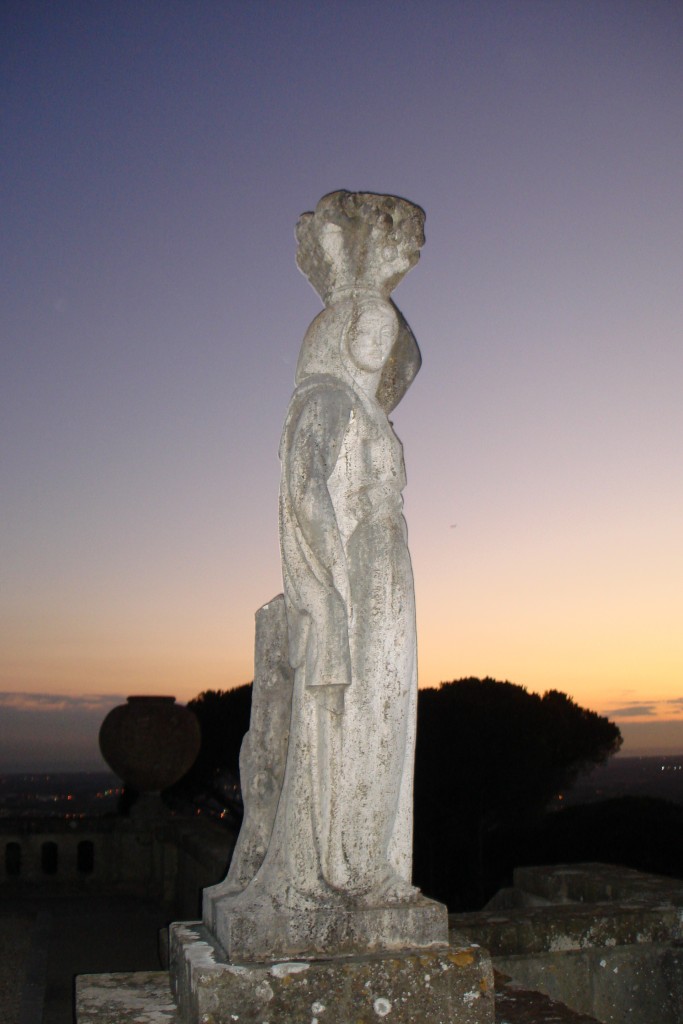– Troubadours – Minstrels – Court Jesters –
I Part
Story(s)
Where would the past be, from which we humans can learn so much, if it weren’t for history?
Our history belongs to us, like our now.
The term “history” is originally very complex.
This is how the term “philosophy of history” was introduced by Voltaire. Philosophy of history is understood to mean the part of philosophy that has to do with the ‘general laws’ and the ‘meaning of history’ as well as with the logical characteristics of historical thinking.
The term history should be understood in a broader sense to mean the ‘process and context of all events in time and space’. In a narrower sense, the development process of human society as a whole and its individuals. In the sense of human history, i.e., ‘the complex network of relationships between people from the beginning of their existence to the immediate present’.
Two levels overlap in the term “history”.
The following context could already be observed in ancient times. This older context of meaning sees history as an event and its narrative as well as fate and news of it. But also, as a “place” for important personalities and the memory of them.
The second and newer level, which dates to the 18th century. emerged shows the term “history” as a development, as a process as well as progress or as fields of action.
History is also, growing from various fields of meaning, a basic political and social concept that aims to conceptually capture and scientifically research the simultaneity of the non-simultaneous.
The historical consciousness and the image of history are essentially determined by those who deal with history and thus also the “unveiling” and the “discovery” of the structures and moving forces that characterize it.
The philosophy of history looks for general laws of history.
For example, in Herodotus (484-425 BC) we read for the first time about the term history ‘determining knowledge by questioning witnesses’.
For Aristotle (384-322 BC), in his Poetics, “historia” is the reproduction of what happened.
We also find the statement from the historian Polybius (200-118 BC): We have to view history as a coherent whole in which actions and events in different parts of the world are linked.
Of course, Roman historiography and medieval historians also commented on the subject of history.
Roman historiography saw, and this is not surprising, ‘Rome as the active subject’ of history.
The medieval historians were different, who saw in history <the work of God, according to his “salvation plan”, or rather the so-called “salvation history”, in which human history was placed.
Otto von Freising (Otto I, 1114-1158), who refers to Augustine (354-430) or his successor, sees history in his world chronicle as a struggle between the world empire and the kingdom of God.
“People get over the death of their father more quickly than the loss of their father’s inheritance.”
This is a statement by Niccolò di Bernardo dei Machiavelli (1469-1527). He was a poet, philosopher, chronicler and also politician with great diplomatic skills. He is still considered one of the most important political philosophers of modern times.
This is mainly due to his work ‘Il Principe’, in German ‘Der Fürst’.
However, we should not forget his literary and politically demanding work >Discorsi<.
Niccolò di Bernardo dei Machiavelli saw the “Exempla” as the essence of history and recommended them for imitation in the political sphere.
The ‘Exempla’ appear in the works of the ancient thinkers.
Man understands himself starting from an ‘ideal history’, meaning from a political-social network of relationships that is inherent in all peoples. By recognizing this ideal story and telling it to himself, he creates it for himself according to his own laws.
This great freedom, these immense possibilities, this great self-sufficiency that is created by this means that it is important for every single person to deal with history, from the ideal history in the sense of Machiavelli, to the ‘ideal history’ of themselves, appear in a completely different light.
Giovan Battista (also: Giambattista) Vico (1668-1774) made the great leap in consciousness. The philosopher of history and law brought us from ‘stories’, i.e., ‘histories’, to our current idea of the term ‘history’, namely as the comprehensive designation for the relationships between people in time and space. As a result, history can teach, prove, and challenge.
Unfortunately, during the Enlightenment (around the 17th century), ‘history’ broke away from being embedded in moral philosophy, theology, and rhetoric.
With the development of the ‘historical method’, Leopold von Ranke (1795-1886), as a historian and historiographer, introduced the view of history that one could discover the unknown structure of history little by little and piece by piece.
Your Lady Susan


